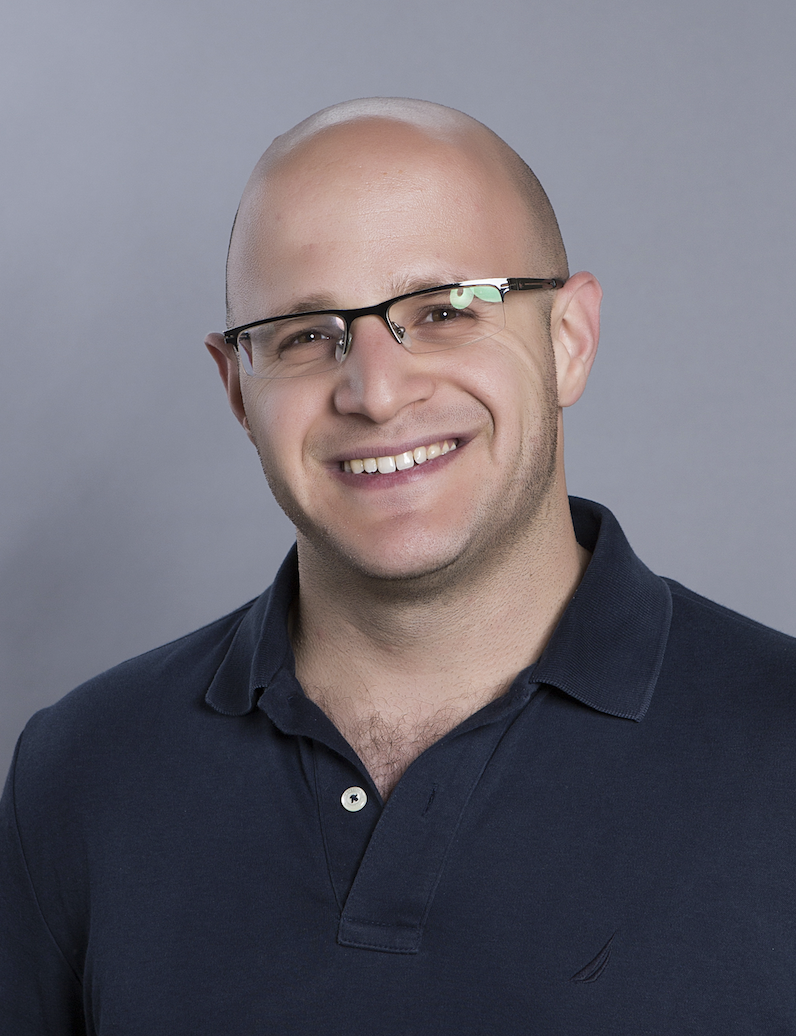Special Seminar: Barak Hirshberg

"Algorithms for Long Timescales and Quantum Statistics in Molecular Dynamics Simulations"
Abstract:
Molecular dynamics simulations are very powerful, providing microscopic insight into condensed-phase chemical processes. However, two outstanding challenges of the standard algorithm are: 1) Extending simulations to longer timescales, to allow the description of phenomena such as the nucleation and growth of crystals. 2) Including quantum statistics at a reasonable computational cost, to enable studying quantum materials. I will two algorithms to overcome these challenges.
First, I will present a method to perform bosonic path integral molecular dynamics simulations (PIMD). While widely used to study quantum effects in chemistry and physics, PIMD assumes that the particles are distinguishable, completely neglecting quantum statistics. The main difficulty is enumerating all particle permutations, whose number grows exponentially with system size. We developed a recursive algorithm that reduced the scaling from exponential to quadratic, allowing the first applications of PIMD to large bosonic systems, with applications to exotic quantum phases of matter, such as supersolids and exciton condensates.
Secondly, I will present a method to expedite MD simulations to longer timescales using stochastic resetting. Processes such as crystal nucleation and growth are often characterized by broad transition time distributions in which extremely slow events have a non-negligible probability. Stochastic resetting, i.e., restarting simulations at random times, was recently shown to significantly expedite processes that follow such distributions. We employed resetting for enhanced sampling of molecular simulations for the first time. We showed that it accelerates long-timescale processes by up to an order of magnitude in examples ranging from simple models to molecular systems. Most importantly, we proposed an approach to obtain the mean transition time without resetting -- typically too long to be sampled directly -- from accelerated simulations at a single restart rate.